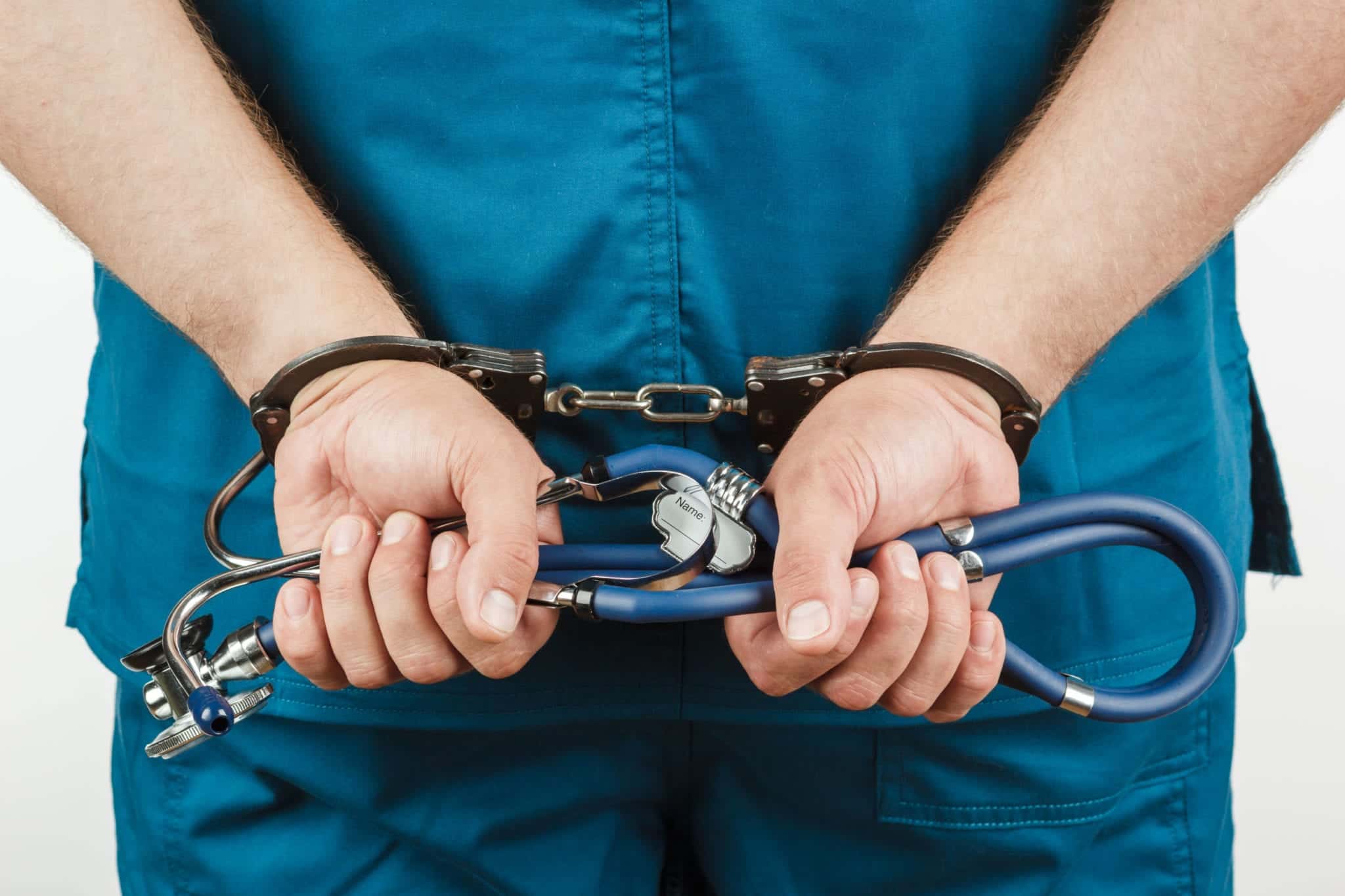At the beginning of 2020, many healthcare providers were not allowed to offer diagnoses without physically seeing a patient.
Because of the dangers posed by COVID-19, and subsequent lockdowns to prevent the spread of the virus, tele-health has become a popular option for nonessential appointments. Doctors are now regularly consulting with patients through video.
In a matter of weeks it seems, tele-health has quickly trended as an important method for seeking professional health exams and medical advice remotely.
Of course, new technology always carries with it the potential for new crime — unwittingly or otherwise — and officials have raised significant concerns. Many industry professionals fear a rise in healthcare billing fraud.
So what is considered “tele-health” exactly? How can it lead to healthcare billing fraud? And what are the potential penalties for these types of crimes?
What Is Tele-health and Why Is It Trending?
Simply put, tele-health is the use of video conferencing technology by doctors to communicate with patients. For general appointments and other basics such as health checkups, or even for receiving advice on how to proceed in treating symptoms, tele-health has proven to be a valuable tool in a post-COVID-19 world.
Up until the recent pandemic, there were heavy restrictions on the use of tele-health by doctors. These types of appointments were relegated mainly to use in rural areas with no alternatives.
Tele-health Expanded for Safety
Due to stay-at-home and shelter-in-place orders across the nation, these restrictions were eased to allow doctors to reserve space for those suffering from coronavirus and to limit the spread of the virus to otherwise healthy patients.
Tele-health Expansion, Complicit, and Outright Fraud
This raises a serious issue: the greater ease with which unscrupulous providers can commit healthcare fraud. More to the point, you can unknowingly be complicit with this fraud. You may inadvertently be committing a crime that can land you in hot water with the justice system.
How Can Tele-healthcare Fraud Affect Texans?
Officials have been worried about tele-health for years now. The concerns haven’t changed much. The primary concern is that providers will recommend unnecessary or incorrect medications or that doctors will fail to meet the guidelines and requirements necessary to bill for an actual appointment.
Tele-health and Telemarketing Schemes
All of these activities could generate revenue effectively as fraud crimes. Historical examples of this include outright fraudulent activity such as companies that have hired telemarketers to pitch free products to people.
The telemarketers secure patients’ Medicare numbers and then tack on unnecessary testing or testing that never took place and unrelated or unneeded prescriptions. These charges are ones that Medicare officials often find challenging to distinguish from standard charges.
Misdiagnoses and Unnecessary Treatments
In the state of Texas, doctors have even been found guilty of misdiagnosing patients to prescribe unnecessary treatments. The doctor will then bill Medicare extra money for these unnecessary treatments with the funds going directly into their pockets.
Evidence has been presented in which doctors overcharge for treatments as well as appointments and procedures to generate extra profit off patients.
What Are Some of the Penalties for Tele-health Fraud in Texas?
These crimes are taken seriously at the federal level and the state level. If a provider is found guilty of committing medicare fraud, they could be charged up to $2,000 per line item that is found to be fraudulent.
In the past, this has amounted to hundreds of thousands in fines that providers must payback. On top of this, a provider can also be permanently barred from participating in Medicare at all.
Now that tele-care appointments are making a surge, it is especially important for all Texans — patients, doctors, and other healthcare providers — to ensure they are following the rules.
Criminal healthcare fraud charges due to careless mistakes are not the problem our providers need to be dealing with in the wake of a pandemic.
This is a technology that, if proven effective and crime-free, could ultimately change the way healthcare providers do business.





